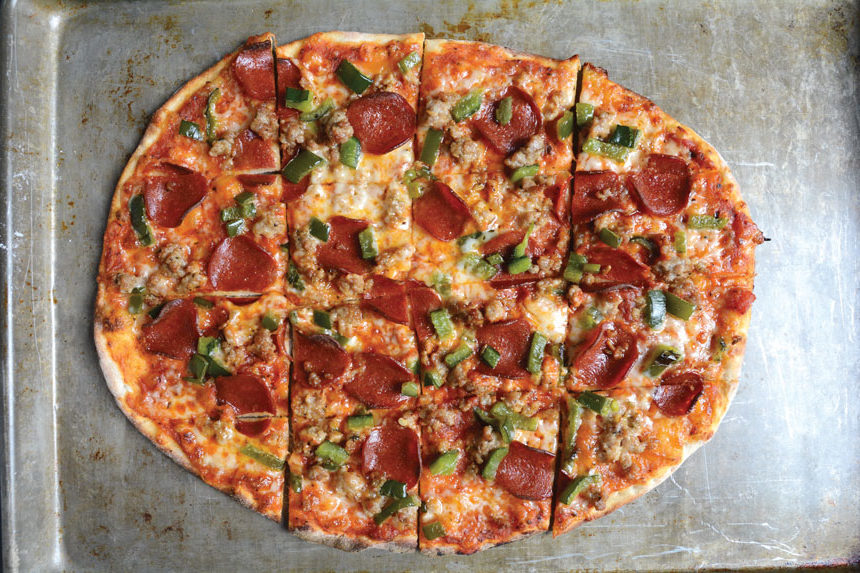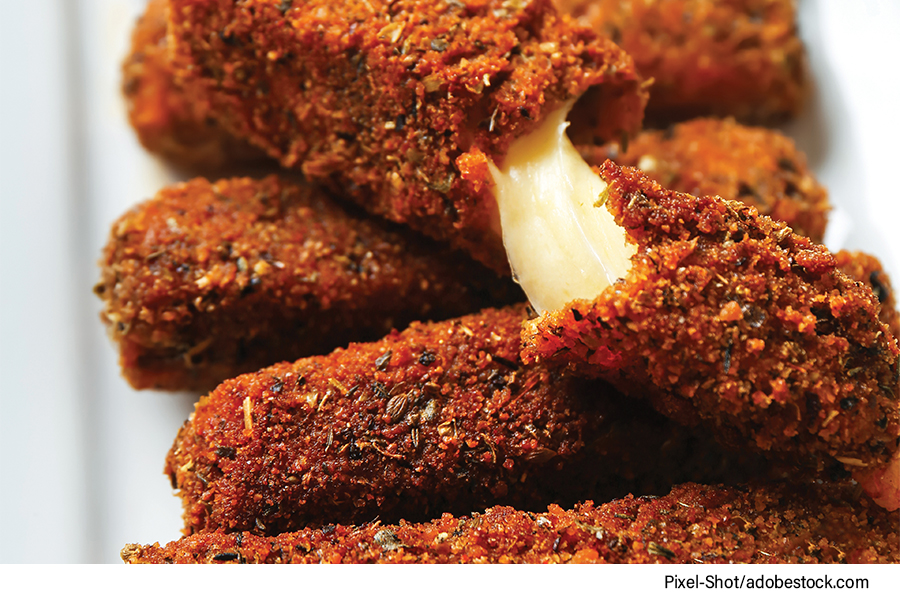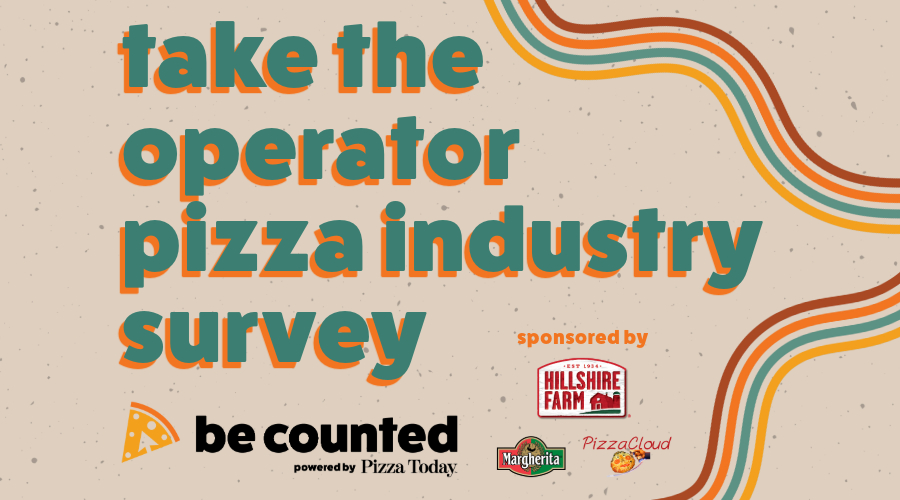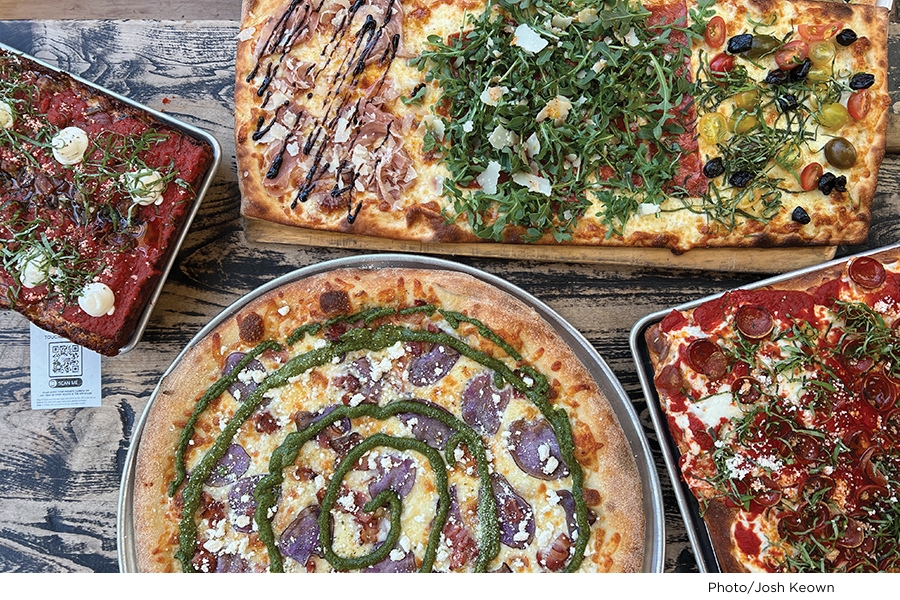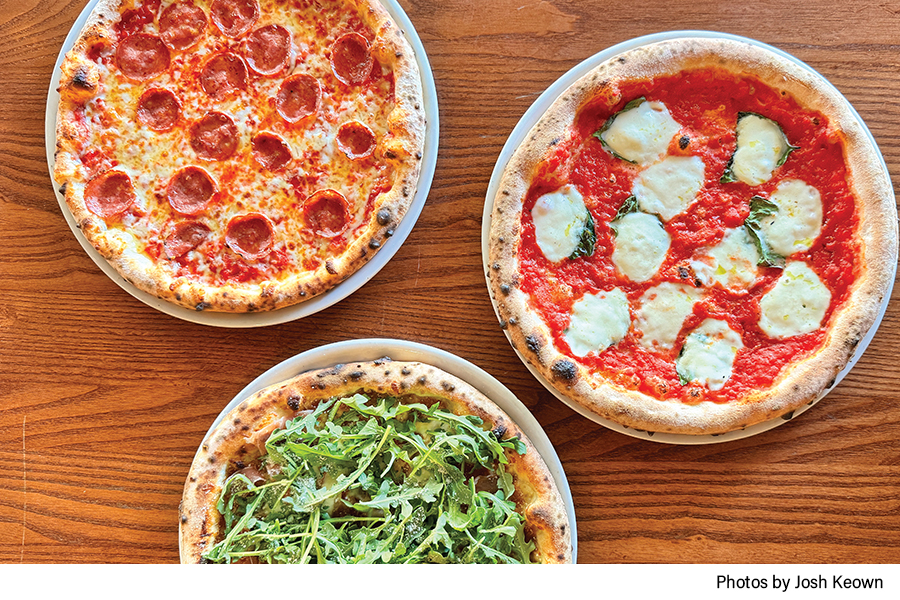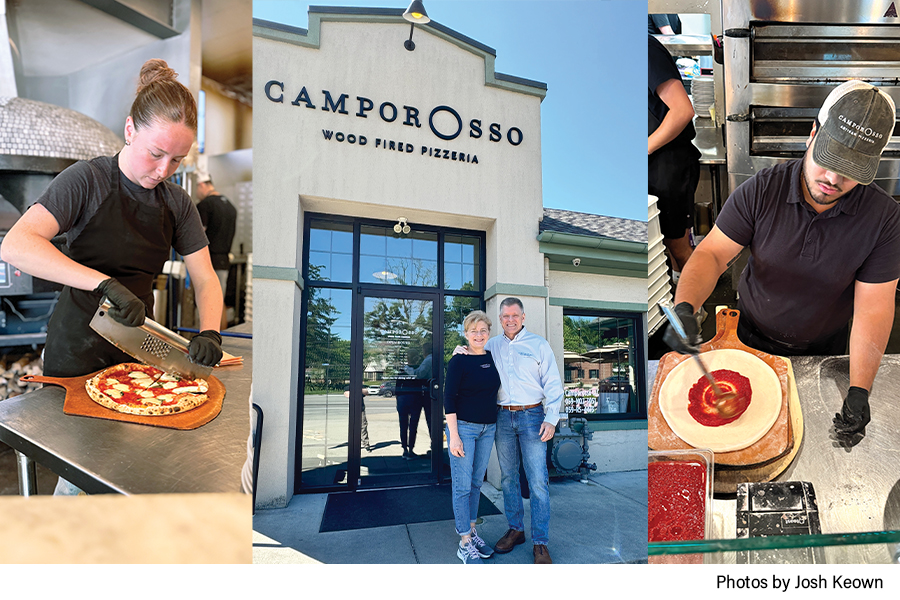Restaurant manager compensation isn’t what it used to be
With respect to manager compensation packages in today’s hospitality environment, Uno Pizzeria & Grill CEO Erik Frederick acknowledges one overriding truth: “The old rules,” he says, “don’t apply.”
To attract and retain top managers, shrewd restaurant owners are unshackling themselves from the status quo and crafting thoughtful compensation packages featuring competitive pay, attainable bonuses and perks supporting a work-life balance.
For hourly managers at Uno, Frederick calls a great work environment and flexibility more important than ever. At the general manager (GM) level, he says, his Boston-based company continues evaluating compensation and profit participation in new ways.
“It’s really a combination of listening to our GMs, aligning their interests with the company’s and, of course, keeping tabs on what’s going on in the industry,” Frederick says.
Honoring today’s environment
Historically, many restaurant managers inhabited a thankless job. As full-time salaried employees, they were expected to pick up the slack when others fell off and accept directives from ownership without hesitation. Such, after all, was their job. But times are changing, says Robert Krzak, president of Gecko Hospitality, a recruitment agency specializing in hospitality management recruiting.
The pandemic spurred reflection and an exodus of capable managers from the hospitality ranks, many of them frustrated by employers who overlooked their worth, notes Krzak, whose firm tracks the industry’s labor force by speaking to thousands of hospitality workers each month. While many former managers are finding their way back into restaurants, they as well as those who never left desire more these days. More pay. More opportunity. More flexibility. More say.
From chains to independents, Krzak says most restaurant owners know what’s necessary to recruit and retain managerial talent in today’s climate, though many are slow to do it.
“If [restaurant owners] want to attract the best, they better get their heads out of the 1990s and take a good look at what companies are doing now,” Krzak says.
Competitive compensation is non-negotiable
Competitive managerial pay is table stakes in today’s restaurant environment and annual pay for managers has increased about 25 percent from pre-pandemic figures, according to data compiled by Gecko Hospitality.
At his eight PizzaMan Dan’s restaurants peppered along the central California coast, Dan Collier traditionally started General Manager salaries at four percent of the store’s annual gross sales. While that worked “for many moons,” Collier says it falls short today.
“At a $1.5 million restaurant that means you’re paying the GM $60,000,” he says. “That might be great in some places, but not California.”
In the Mid-Atlantic, for instance, the average fast-casual GM makes $73,150, according to Gecko Hospitality’s 2021 Salary Survey Report. By contrast, the average fast-casual GM salary in the Southeast sits at $52,821.
It’s imperative restaurant owners understand the salary landscape around them and offer pay on par with their peers, Krzak says. The same goes for benefits. While a two-unit restaurant company might ignore health care coverage because the business is not subject to a government edict to offer such coverage, many local competitors do provide health insurance – some by force, others voluntarily – to attract quality managers.
“This is part of being competitive,” Krzak says.
One interesting trend Krzak notices: an uptick in restaurants ditching salaries for GMs in favor of hourly pay.
“If someone doesn’t show up or a delivery comes in late, the GM is then compensated for stepping in and filling that void rather than ownership simply assuming it’s part of their job description,” Krzak says.
Collier, meanwhile, has found success with bar managers, in particular, by guaranteeing them full-time employment, a rarity in the industry. The bar manager is given autonomy to run that area of the restaurant, from compiling the schedule to managing bartenders.
“I’ve actually found it’s easy to find a bar manager if we’re providing full-time employment,” he says.
Beyond the basics
With $60,000 standing as baseline GM pay at PizzaMan Dan units, Collier then provides achievable bonuses that can add up to 25 percent to one’s annual salary. While the bonuses are often tied to core profit-driving figures like sales, food and labor costs, Collier has layered in other key performance indicators as well, from service-level inspections to Yelp reviews. Given existing labor woes, some owners are tying managerial bonuses to employee retention as well.
Whatever one’s bonus criteria might be, bonuses should be attainable and in writing.
“This can’t only be promised in the interview,” Krzak says. “There needs to be transparency and clarity.”
In one interesting twist, Collier issues bonuses monthly. This way, he says, GMs feel the bump throughout the year rather than receiving one lump sum at year’s end. He feels this better impacts his managers’ standard of living and drives consistent motivation.
And while money talks, so, too, does quality of life. It’s why many forward-thinking restaurants are prioritizing flexibility and work-life balance. Krzak cites one fast-casual chain that gives its managers the option of working four 10-hour shifts or five eight-hour shifts each week. Another, meanwhile, provides its managers one weekend off each month.
“Managers don’t want to be married to or consumed by the work, so flexibility is appealing,” Krzak says.
What else do today’s restaurant managers want?
Restaurant managers responding to a recent Gecko Hospitality survey tabbed “better opportunity” and “no growth” as well as “not satisfied” as three of the top reasons they left their previous employer.
Gecko president Robert Krzak reminds that all staff members, including managers, aim to be a part of something bigger, not “beat into the ground and treated like cattle.” They want opportunities to advance, develop their skills, amplify their voice and contribute to a winning operation.
To this point, Uno Pizzeria leadership is working on a Managing Director Program for its GMs as well as an incentive program for GMs who mentor people to take on bigger roles elsewhere in the company. Dan Collier, meanwhile, created manager in training positions at PizzaMan Dan’s stores to elevate his most promising shift managers. Collier’s program creates advancement opportunities for motivated staff and also builds a stable of potential GM candidates to fill future vacancies.
Daniel P. Smith Chicago-based writer has covered business issues and best practices for a variety of trade publications, newspapers, and magazines.

